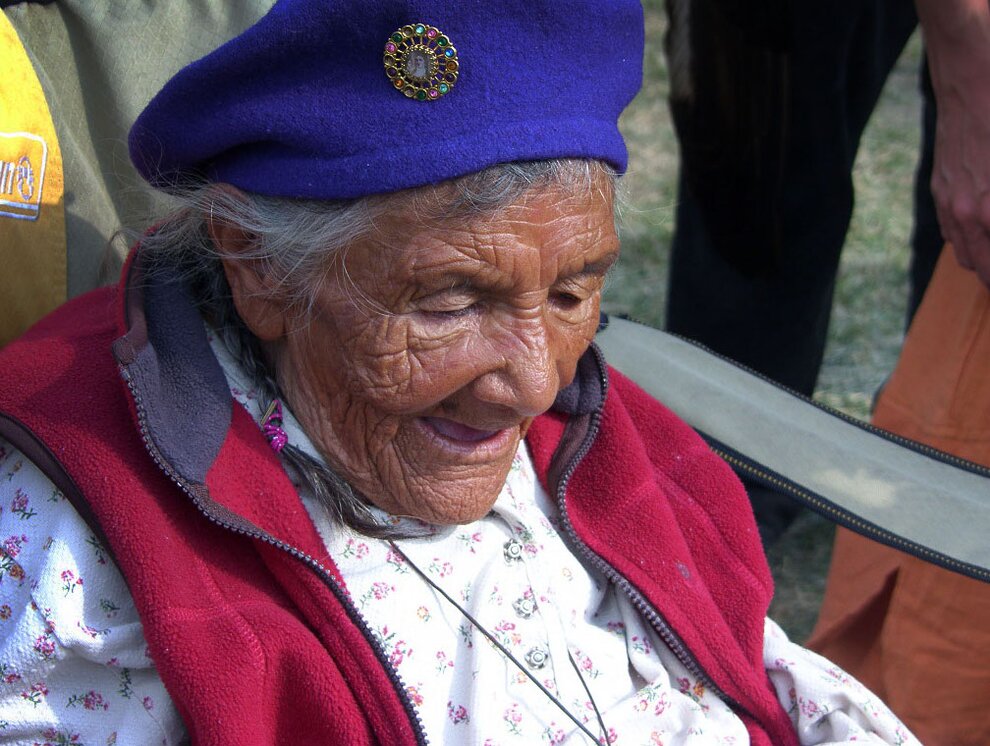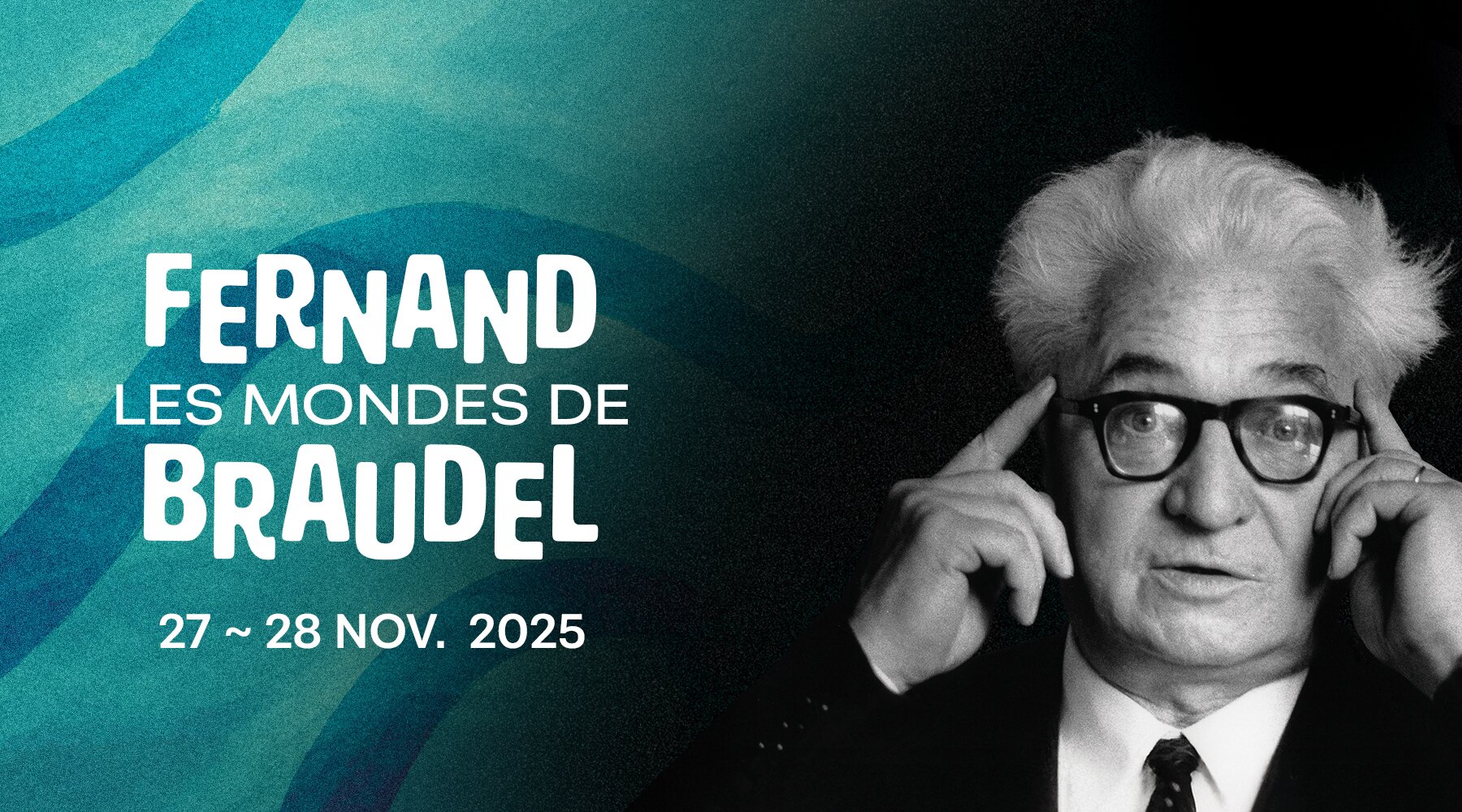L'histoire, mesure du monde

On the 40th anniversary of Fernand Braudel's death, Éditions de la MSH is publishing a new edition of a pivotal text based on the lectures delivered by Fernand Braudel during his captivity in World War II. To be published in November 2025 in the "54" collection, L'histoire, mesure du monde lays the first foundations of Braudelian thought and global history.
The book will be featured in a special session of the "Livres en dialogue" series, organized as the closing event of the first day of the international conference "Les mondes de Fernand Braudel", which will be held on November 27-28, 2025, at the Fondation Maison des Sciences de l'Homme.
The discussion will bring together Christian Grataloup (Université Paris Cité) and Maurice Aymard (EHESS, former administrator of the FMSH).
Xavier Mauduit, producer on France Culture for Le Cours de l'histoire and contributor on Arte for the show 28', will moderate this discussion.
La Méditerranée de Fernand Braudel fut écrite en captivité durant la Seconde Guerre mondiale sur des cahiers d’écolier, au crayon à papier. Et sans doute parce qu’il repoussait les murs de la prison, de Mayence puis de Lubeck, l’ouvrage prit ce ton si particulier, évoquant avec puissance le « vent de la mer et du sable apporté par elle ».
Cet épisode presque tous les lecteurs de La Méditerranée le connaissent. Ce que l’on sait moins, c’est qu’au même moment Fernand Braudel prononçait devant ses codétenus une série de conférences sur l’histoire. Développant des questions méthodologiques, il insiste sur le poids de la « grande histoire » – celle de la « longue durée » – l’opposant à l’histoire événementielle. Prônant l’interdisciplinarité avec les sciences sociales, l’économie et la géographie, il propose d’étudier les interactions entre la société humaine et son environnement géographique grâce à la « géohistoire ».
L’histoire, mesure du monde a été rédigé par Fernand Braudel à partir des notes de ses auditeurs, mais ne parut dans un recueil qu’après sa mort grâce au travail de Paule Braudel. À l'occasion du 40e anniversaire de sa disparition, les Éditions de la Maison des Sciences de l’Homme ont choisi de rééditer ce texte qui pose les premiers jalons de la pensée braudélienne et de l’histoire globale, augmenté d’une préface du spécialiste international de l’histoire connectée Sanjay Subrahmanyam et d’une postface du géographe, émissaire de la géohistoire, Christian Grataloup.
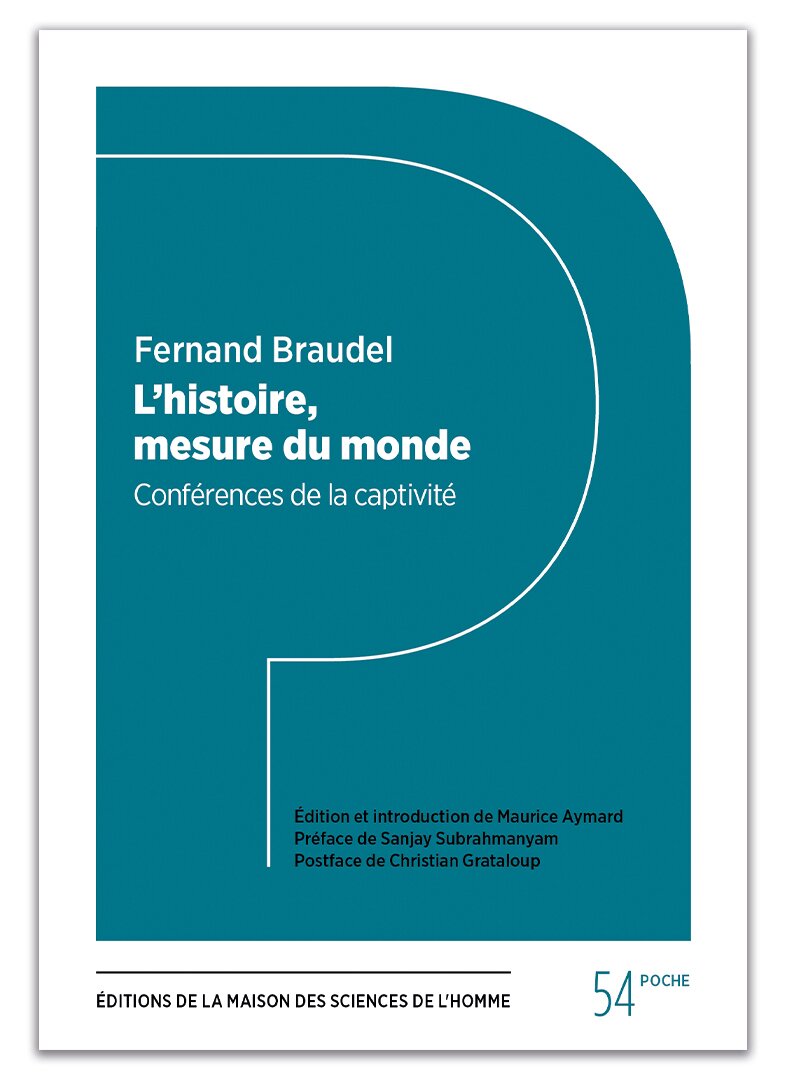
Christian Grataloup is Professor Emeritus of Geography at Université Paris Cité, following a long career as both teacher and researcher in various academic institutions. He holds the agrégation, a doctorate, and a habilitation à diriger des recherches (HDR) in geography, along with degrees in history and anthropology. From 1998 to 2014, he was Professor at Paris-Diderot University and a member of the research unit UMR Géographie-cités.
Since 2014, he has focused on creating historical atlases, published notably by Les Arènes and Tallandier. His most recent book, Géohistoire, offers a reinterpretation of the human journey on Earth.
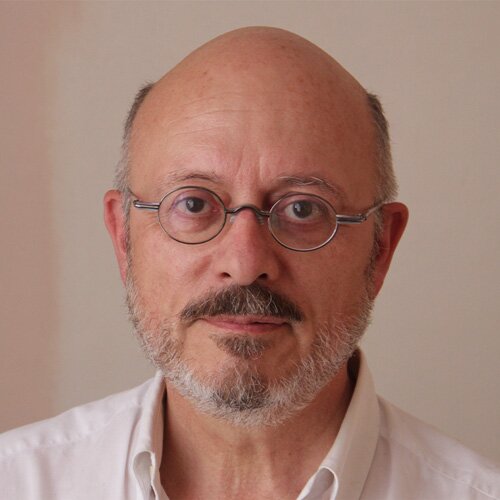
Maurice Aymard is a historian specializing in early modern economic and social history. He is Director of Studies at the École des Hautes Études en Sciences Sociales (EHESS), former administrator of the Fondation Maison des Sciences de l’Homme, and former director of the Modern and Contemporary History Section of the École française de Rome (1972–1976). He is the author of numerous works on the Mediterranean world, with a particular focus on Italy. He co-edited a history of Sicily after Italian unification, as well as two major histories of Europe—one in five volumes published by Einaudi (Storia d’Europa), and another in French, co-edited with Hélène Ahrweiler, titled Les Européens (Herman).
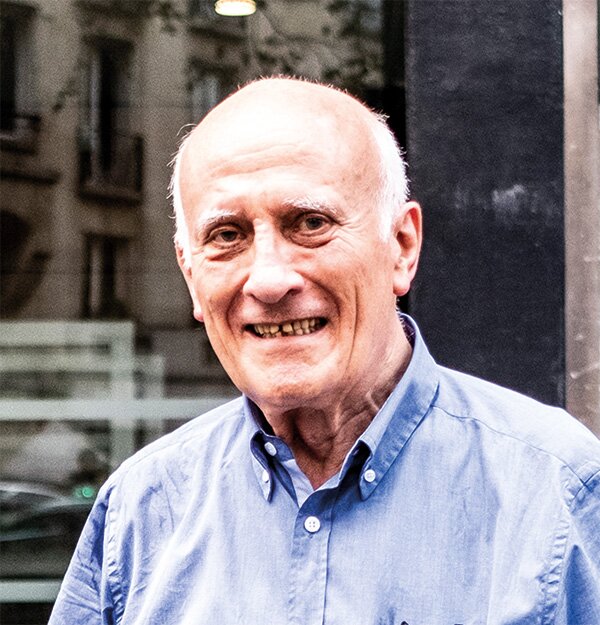
Xavier Mauduit est agrégé et docteur en histoire, lauréat et membre du jury du Prix Mérimée. Il est coauteur d'émissions et chroniqueur sur France Inter avant de devenir producteur sur France Culture pour l'émission « Le Cours de l’histoire » et chroniqueur sur Arte dans l’émission « 28' ».

Rencontre
Thuesday november 27, 2025
6.30 PM
--
FMSH - Le Comptoir
1st floor
54 boulevard Raspail
Paris 6
--

Media Coverage of Trauma in the Post-Pandemic World
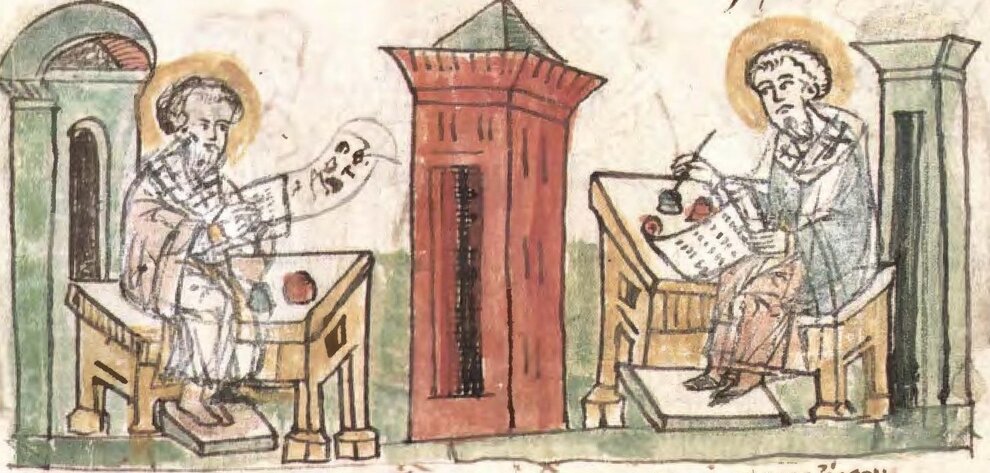
Literature of Ukraine-Rus’ (11th–18th centuries)

Language and Religion: The Gods Behind the Words
